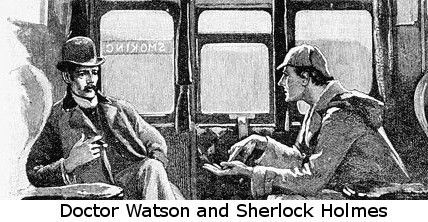George Mallory? Edmund Hillary? Apocryphal?
Question for Quote Investigator: Mountaineers have spoken about the physical endurance and self-mastery required to stand atop a mountain. Here are two similar statements expressing this idea:
1) Have we vanquished an enemy? None but ourselves
2) It is not the mountain we conquer, but ourselves.
Two individuals have been linked to these quotations. One: George Mallory who climbed several lofty peaks but died in 1924 while attempting to ascend Mount Everest. Two: Edmund Hillary who made history by reaching the summit of Mount Everest with fellow mountaineer Tenzing Norgay in 1953. Would you please examine this topic?
Reply from Quote Investigator: The first statement was written by George Mallory, and the second statement evolved from the first. QI has created a separate article about the second, and this article will center on the first.
After Mallory successfully climbed Mont Blanc with two companions he wrote about his experiences in the September 1918 issue of a London periodical called “The Alpine Journal: A Record of Mountain Adventure and Scientific Observation by Members of the Alpine Club”. The following passage describing Mallory’s feelings upon achieving the summit included the first quotation. Ellipsis was in the original; emphasis by QI:1
One must conquer, achieve, get to the top; one must know the end to be convinced that one can win the end—to know there’s no dream that mustn’t be dared. . . . Is this the summit, crowning the day? How cool and quiet! We’re not exultant; but delighted, joyful; soberly astonished. . . . Have we vanquished an enemy? None but ourselves. Have we gained success? That word means nothing here. Have we won a kingdom? No . . . and yes. We have achieved an ultimate satisfaction . . . fulfilled a destiny.
Below are additional selected citations in chronological order.
Continue reading “Quote Origin: Have We Vanquished an Enemy? None But Ourselves”